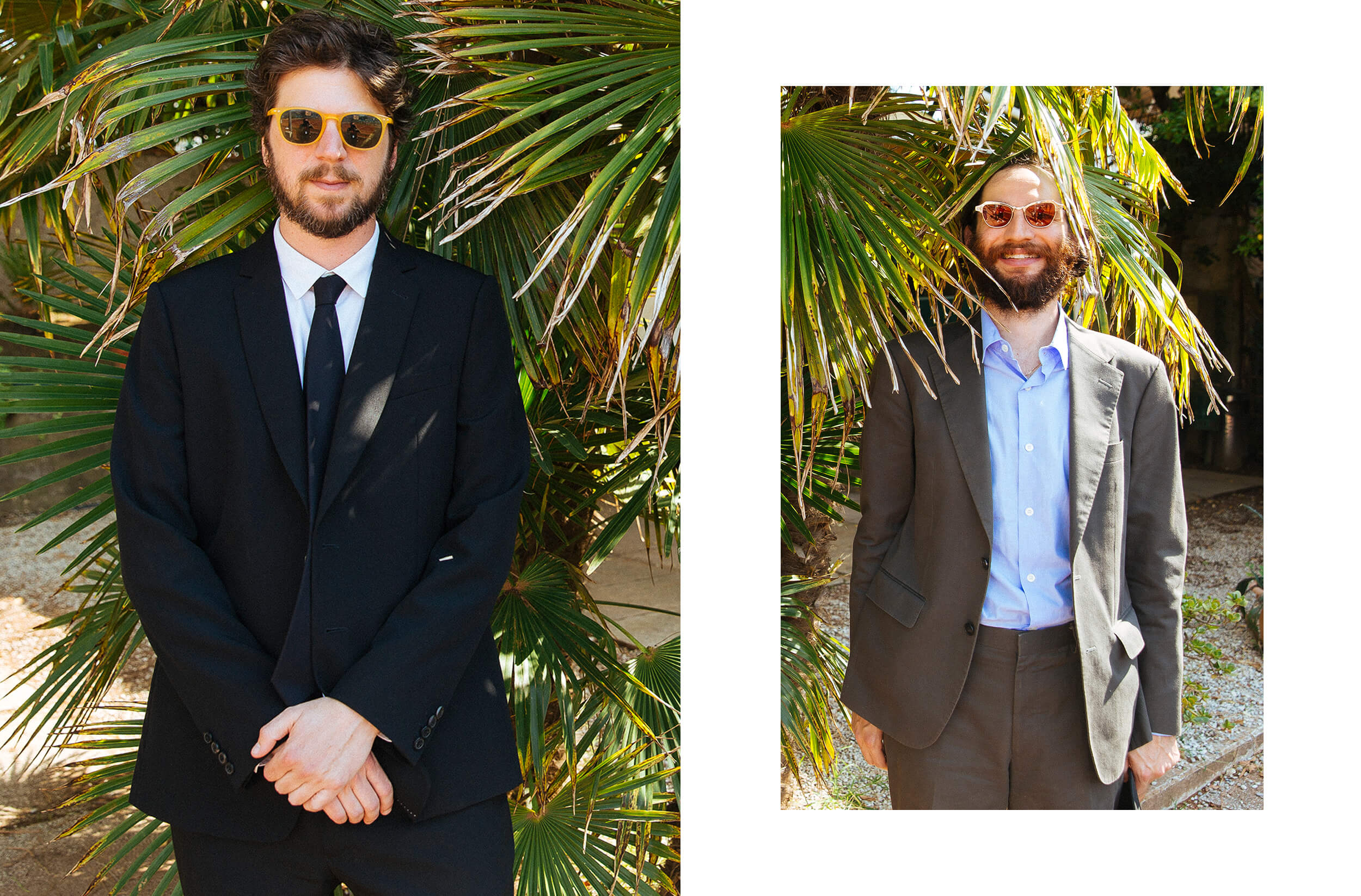Selected in the Venezia Classici category, “Thank You Very Much” is a documentary spotlighting comedy legend Andy Kaufman: an original artist in an original documentary. We sat down with the director and producer, Alex Braverman and Josh Safdie, to get to know how they’ve managed to bring Kaufman’s extraordinary life to the screen through an accurate selection of archival material and interviews.
We chatted about what drove them to create the documentary, the hurdles they faced, and the amazing discoveries they made about Kaufman’s life and personality, from his unforgettable moments on “Saturday Night Live” to his many alter egos and unexpected adventures in professional wrestling. One thing is for sure: the film is as precious as its subject, disclosing rare footage, personal insights, and untold stories that reveal the real Kaufman and the nature of comedy, as hard as it can be for everyone to define it.
Through a journey into the making of the documentary, Alex and Josh shared their experiences conducting interviews with Kaufman’s inner circle, discovering how Kaufman managed to reshaped comedy like no other.
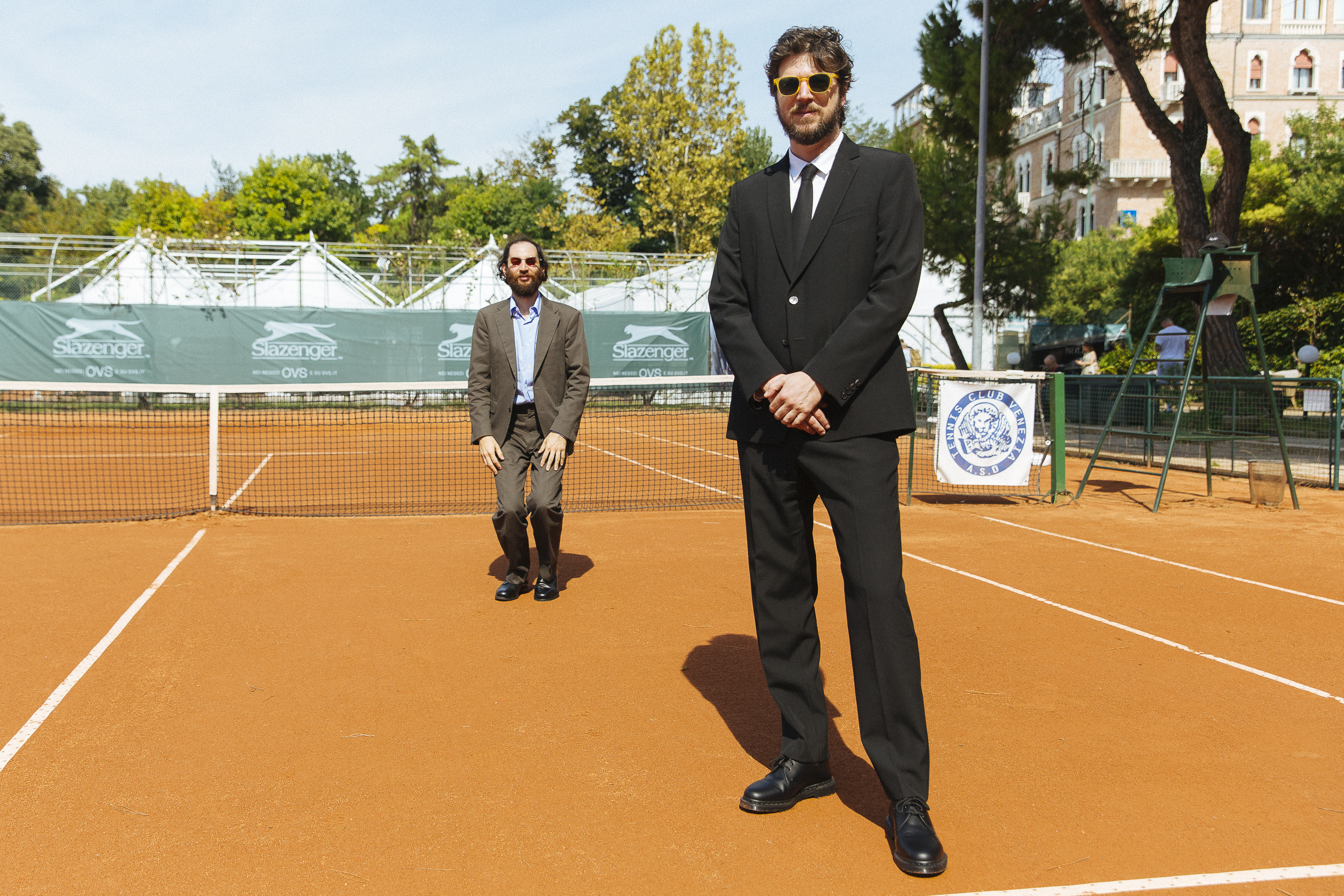
Andy Kaufman was a very enigmatic and controversial figure, one who liked to blur the line between fiction and reality, a comedian who’d never thought he’d actually become one. How did you approach the challenge of representing his complexity in the documentary?
A: I think the complexity of it is what makes it interesting to dive into and it helps us as filmmakers have our own questions, so I think I just approached it with questions of my own: why was he the way he was, the performative side or the relational one, the things that helped him understand who he was and helped us understand him, what were his relationships like with other people, those he worked with or the private life ones. For me it was not complicated. I didn’t know that there would be a film, so that’s what makes it exciting and interesting.
J: I think Alex had access to a lot of unique, unseen archival materials that painted a broader portrait of a man who refused to paint a portrait of his own life. His portrait of his own life was the fact that he was attracted to playing these characters, if that makes sense. Each character is actually a representation of his real self. I think the archival material really shows that, the chinks in the armor. Production-wise, Lauren [Belfer] and Alex did a great job sourcing in. You know, Alex’s father produced the Carnegie special, so I had my production design and one of my oldest friend’s parents were at the Carnegie show, so they went to have the milk and cookies afterwards. I remember when I first heard that I was psyched; it shows up in “Man on the Moon”, but it was still unbelievable to me that they were there and knowing that it was a real thing in his household, so it was a great foundation to tell the story, I think.
Given the cultural and social developments from his time to the present day, how do you think Andy Kaufman would be perceived if he had lived in the current context? How might his art have adapted to the modern era?
J: He would have likely been canceled, right? [laughs]
A: He probably would have enjoyed that…
J: Actually, if the “wrestling” character did not exist back then and it only existed today, in the sense of “his wrestler”, that has nothing to do with the WWE, that at that time was original wrestling, and if we think that he was a sitcom actor who was going on saying all these things about women, today he would be torched, he would be lit on fire by the society. Now, in the context of women’s liberation and movement, and I think that’s true of any progressive radical movement, it’s helpful to see, with time, the intentions of things. I don’t know if he would have enjoyed being canceled because I don’t think he enjoyed being kicked out of SNL!
A: This is something I’ve thought about a lot because in the process of making the film, we discussed what was happening and I realized that he was always okay with whatever happened as long as he didn’t feel like he was being betrayed. The SNL thing was a betrayal, whereas people not getting him was an honest response, people being offended by his work was an honest exchange… Who knows if he would have enjoyed being canceled, but I think he would have found a way to get an honest reaction.
J: The cancel culture doesn’t really exist here in Italy, does it?
Not really, you know, I’ve always thought it was more of an American thing.
J: Yeah, right, I figured. But Andy was such an important American artist. He could only exist in America, with TV, Coca Cola, ice-cream… I don’t think he ever wore blue jeans, or perhaps he did, actually I’ve seen some pictures, but the thing is that with all of the new mediums to manipulate and see what’s real and what’s fake, it would have been interesting for him. If you go to YouTube, 40% of the things they put up on YouTube and that are not old movies and things like that, the first debate is “real or fake”? On Twitter, TikTok or Instagram that’s the contemporary debate. There was a movie that came out last year called “Tàr” and people didn’t like that it wasn’t based on a real person, and I couldn’t believe that! Is that a controversy?! So, I think that he would have really taken joy in having all these new mediums to fool around, and also makeup and prosthetics have gotten so good. Nathan Fielder took that to an interesting level with makeup and prosthetics, obviously Sacha Baron-Cohen did so, as well, and Elvis impersonators, so I think he would have taken great joy in knowing that he would have had all these new platforms to create in.
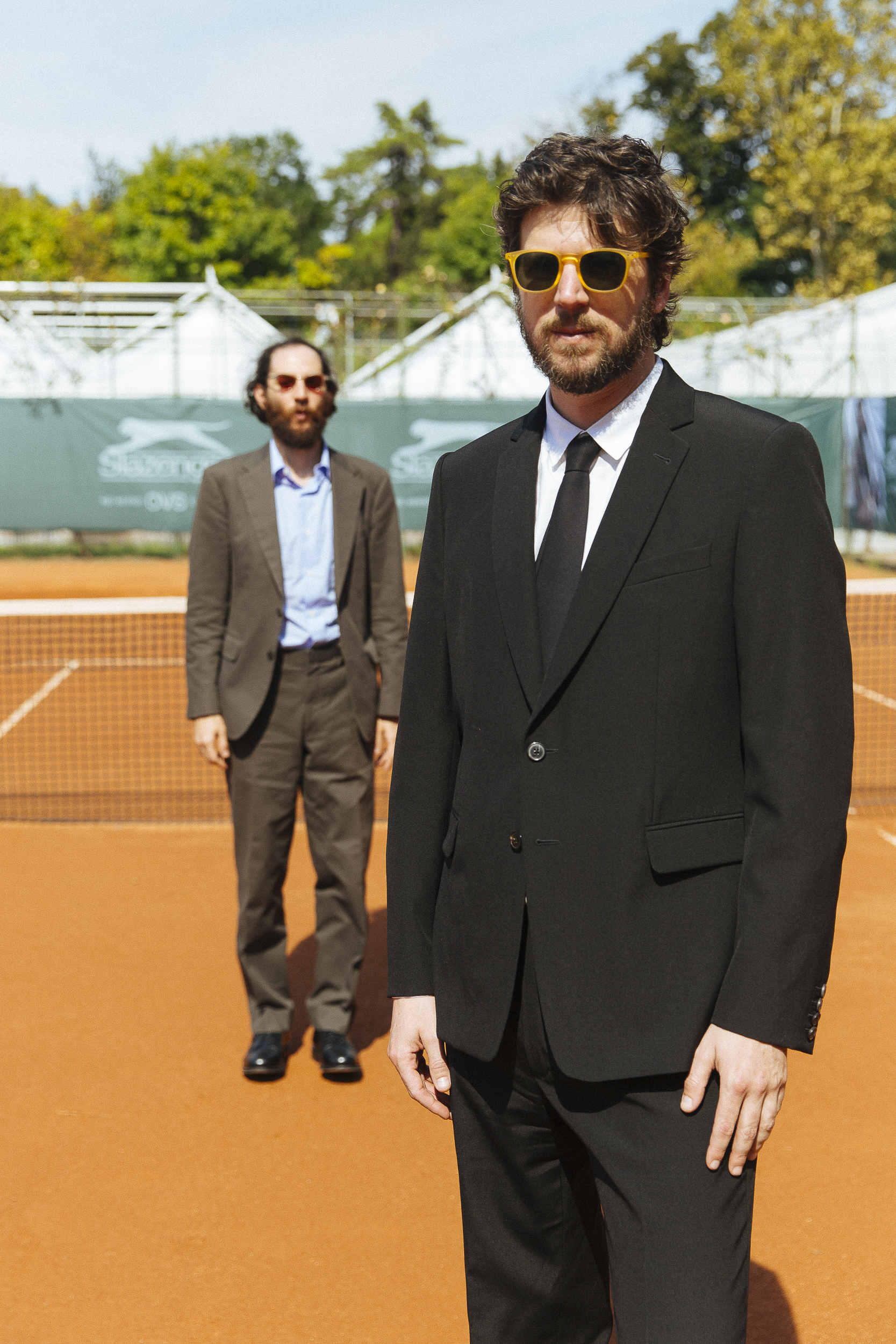
“I think the complexity of it is what makes it interesting to dive into and it helps us as filmmakers have our own questions.”
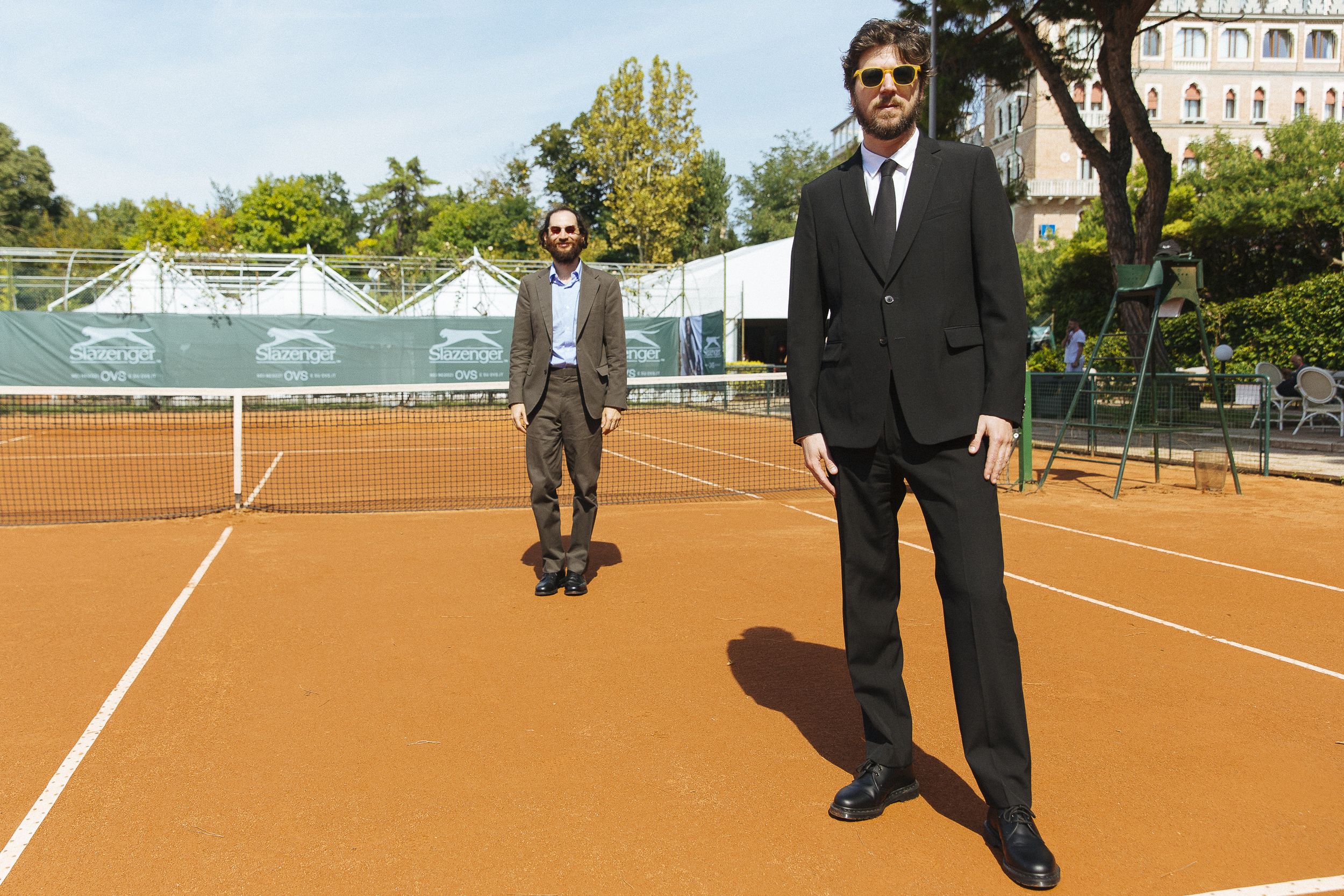
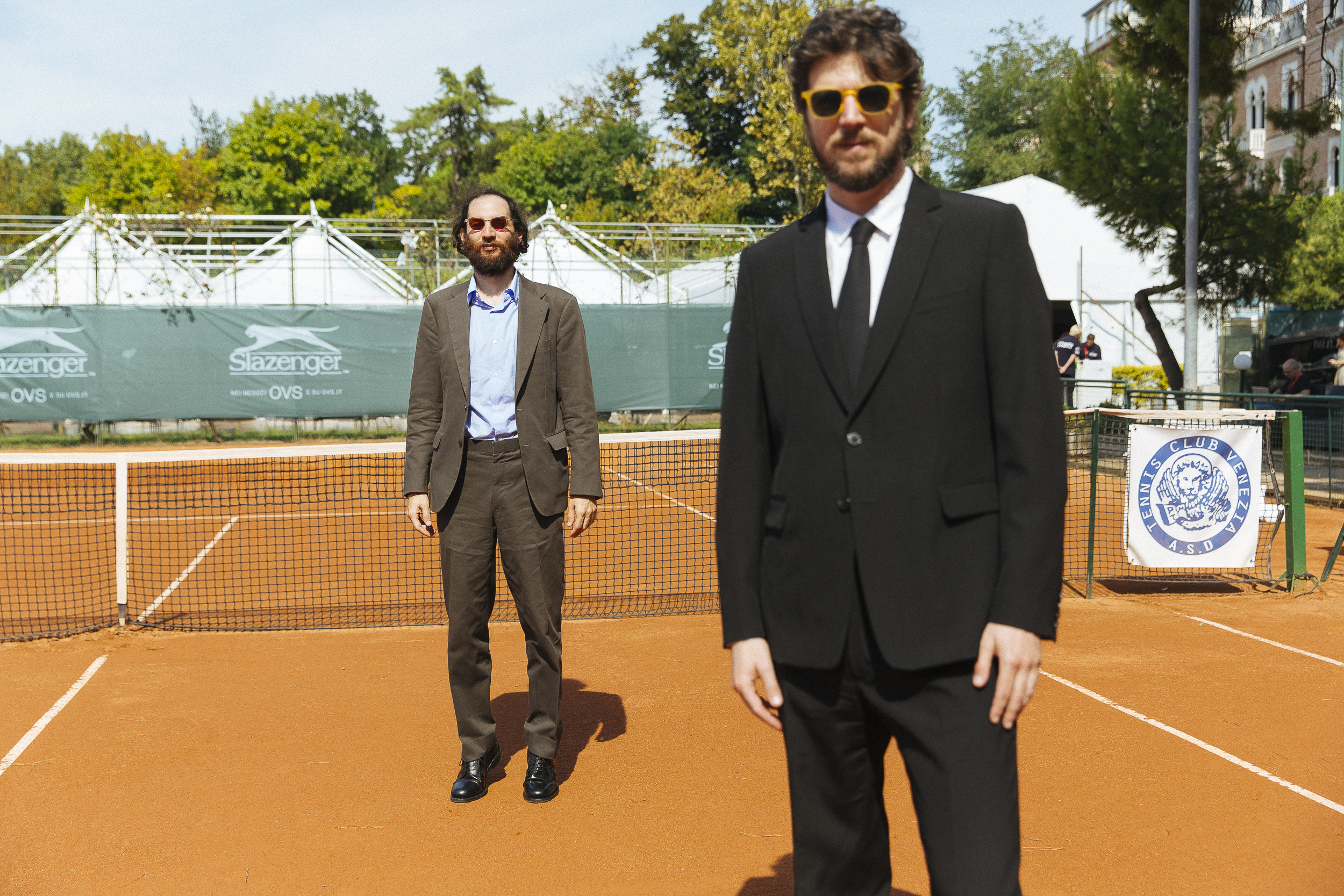
Personal connection to the subject can play a significant role when creating a documentary. Is there a particular moment or insight from Andy Kaufman’s life that resonated with you on a personal level?
A: I couldn’t tell you why, but when I was going through the archive and I came across the moment where Andy’s father is telling the story of reading “On the Road”, I had to take a walk around the block and stop doing what I was doing. If you have a difficult relationship with your parents, but even a good one – and I feel very lucky to have a good one – the generosity of time and attention that was communicated in that moment was beyond moving to me. Knowing his kid was struggling and acting out in certain ways, and despite living on different planets, his dad took some time to sit down, read that book, have an emotional response to it, connect with his son, and all of a sudden, from then on, they understand each other, and he’s able to bring his parents into his acts at times. That to me is the discovery that was the most moving and beautiful.
J: In macro, I think this concept of the masks that we wear was very impactful for me because I’ve had so many different stages of my life where I had to be different people, just from moving around from different socio-economic settings and different friend circles; I was an athlete in one circle, I was a comedian in another, I was a filmmaker, I was an entrepreneur, I’ve had all these different faces, and I would often try to manipulate reality. As a kid, I was always trying to tell a story, and in my mind, the more details I added to a story, the more realistic an adult or a friend would interpret it. Watching Andy, watching the movie, the aggregate of this film, I started to realize these unconscious things that I was doing, and that we are a portrait of all the people that we put ourselves out there to be, and that we should not be ashamed of that. I know there’s a certain sense of shame that one can feel knowing that you have all these different personas, the yins to your yangs and sometimes you don’t like your yangs because it’s a part of yourself that you hate. That really resonated with me. A specific moment that blows my mind every time is a moment that Alex discovered that really speaks to a greater truth as a human being, is when he’s talking at Howdy Doody at the end of the film; he’s just talking about a box, but it’s actually about death, and I know that Andy in real life through the books he read and things like that, was really obsessed with the idea of a soul, and that’s why he liked freshly pressed orange juice because he thought there was no soul in concentrated orange juice [laughs]. In that piece at the end, Howdy Doody is alive, they’re talking to one another in the way he’s looking at him reaffirms my concept that things can be whatever you want them to be, and that’s very beautiful to me. I find the movie to be very beautiful despite some of the very ugly parts of Andy’s life.
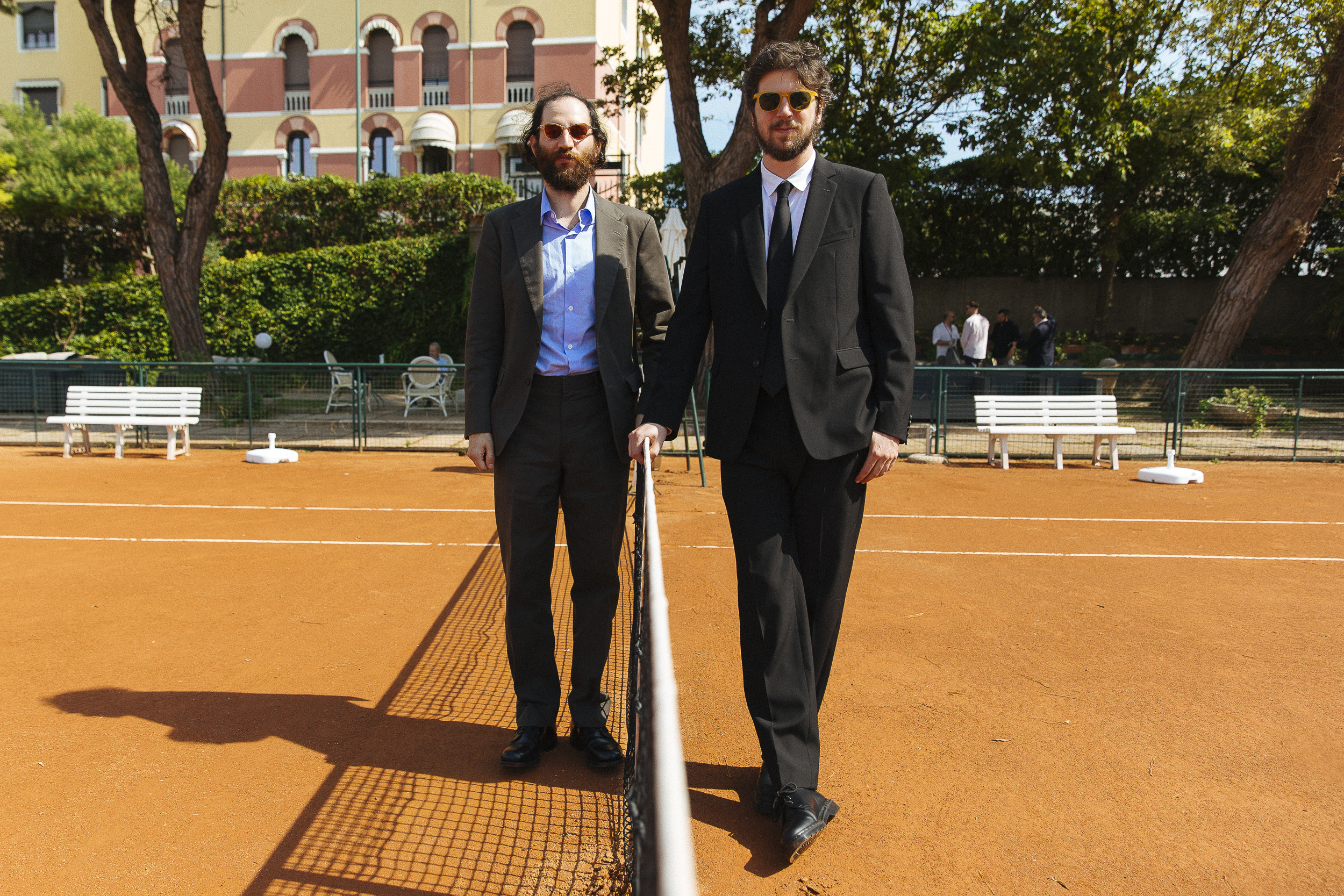
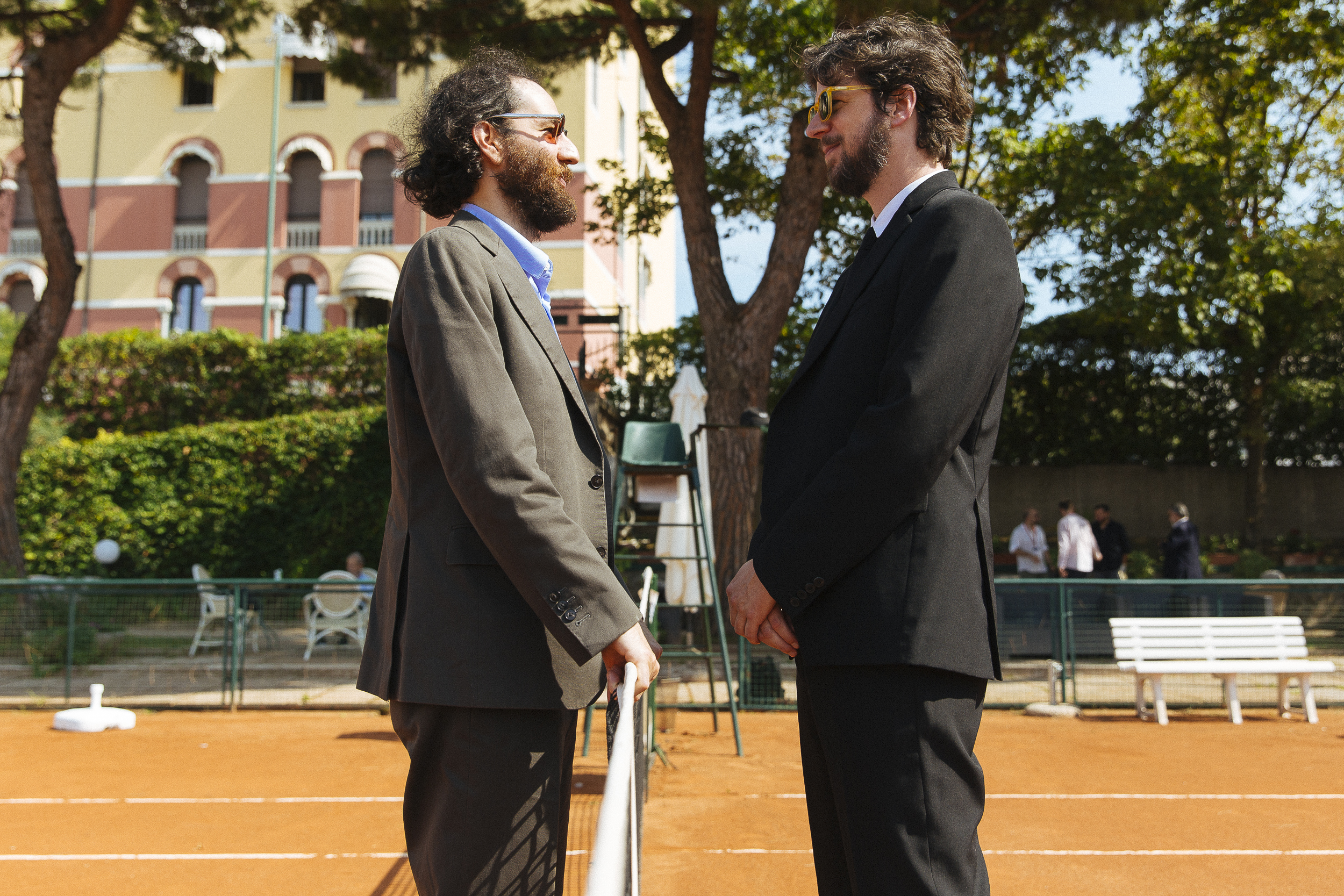
“We are a portrait of all the people that we put ourselves out there to be, and that we should not be ashamed of that.”
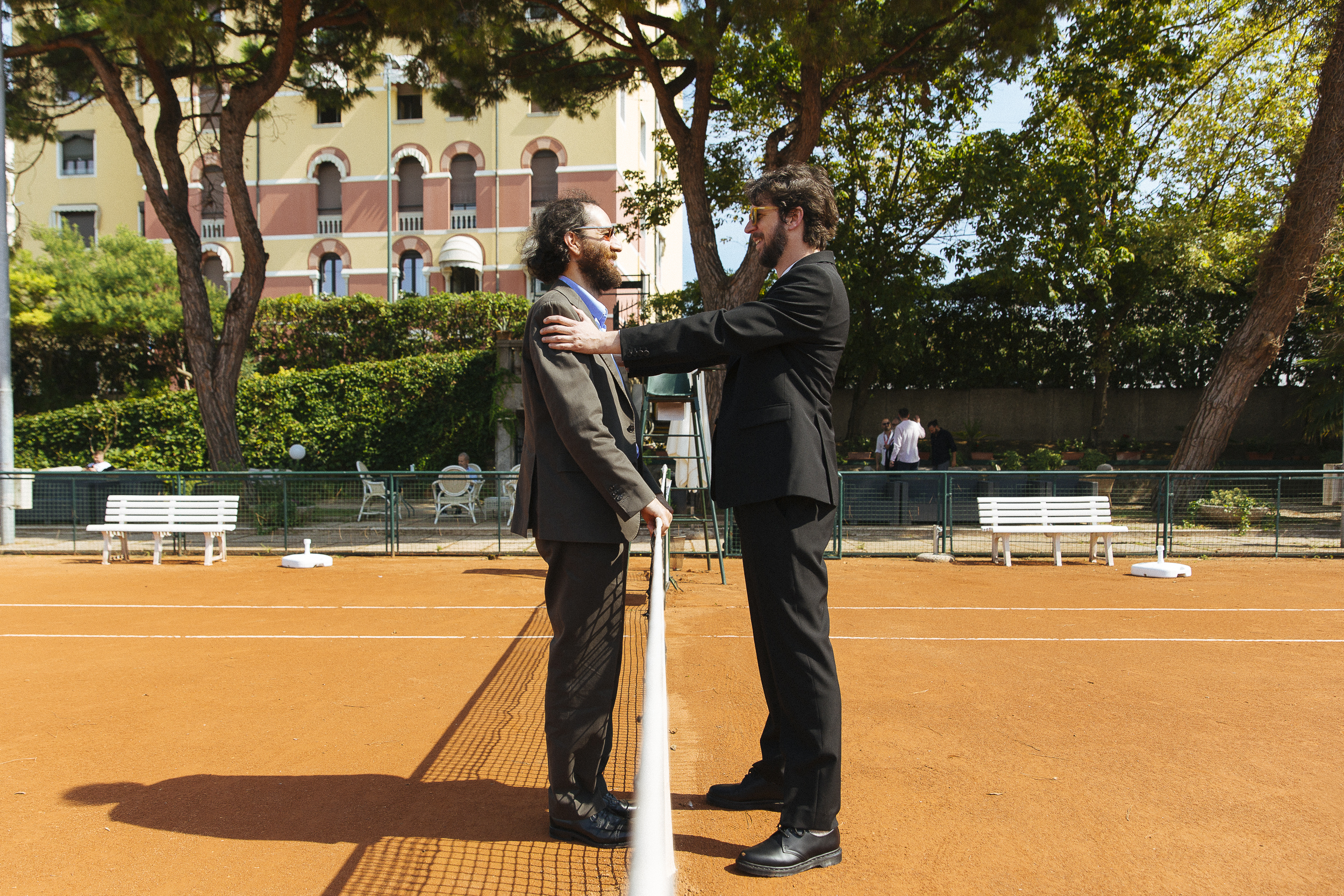
Andy Kaufman has always been considered very hard to define, both as a comedian and as a man in general: by now, have you eventually found one definition that fits him?
J: An original. He’s an original human being, there’s no one like him. I guess you could call him an artist. He would not like to be called a comedian, even though he was really funny, and I think that he knew he was funny, but the concept of being comedian hardly hurt him because there’s a sort of insincerity to it a little bit, the idea of getting up on stage and telling jokes – although I love comedians, don’t get me wrong. So, I think an original would be the greatest definition of him. When I hear that someone’s an original, I know that their place on Earth is right, they transcend all of us.
A: We interviewed James Brooks for the movie, who kept saying that he was an original over and over and over, he called him unique, original.
I’m pretty comfortable with calling him an artist; a lot of times I get weird with that word, but when we asked Laurie Anderson, “Did you guys ever discussed on set being performance artists?”, she said, “No! We’re not like that”. That’s because when you say performance artists you think of people in gallery contexts, for example, while Andy was a really self-serious performance artist. There’s a line in the movie from Bob Zmuda who says, “He was an artist, and his art form was his act”. I agree with that.
Kaufman himself used to wonder what the nature of comedy is, for a lot of his career. Do you think he ever answered that? And how would you personally answer?
A: I can’t answer the question of what the nature of comedy is, but I think in the exchange in the movie between he and Maharishi they’re talking about the things that people find fun; when you go into a situation having one expectation and you end up having experienced something else, I would say that’s what they meant when they were talking about contrast – you begin in one place and you end up somewhere else, and getting from the first place to the second place is what is fun.
J: I think that’s a great definition. I think it’s the hardest thing to do as you can’t fake laughter. You can manipulate tears, but the hardest thing to create is laughter because it’s pure and it comes from a place that we don’t know, which is what makes it so truthful and unique. I think that when something is funny, it’s just funny. When Alex sent us the audio of the conversation he had with Maharishi, my mind was blown, I couldn’t believe that he was bringing that conversation to the TM movement because it meant that he was conscious of it, or he was interested in understanding why comedy or the concept of something being funny was truthful to him.
A: It’s a good question, though, because it scares me to think of a version of this film without that scene…
J: Yeah, and where was it for a long time?
A: It was buried in Iowa… [laughs] To me that’s kind of the heart of the whole film, so I appreciate you’re asking that.
This also brings me back to what Josh was saying about having to be different people in different scenarios: it was also very moving to me that whether Kaufman’s personas were positive or negative, they were always very honest, they were truly who he was, and he had the courage to be all these versions of himself publicly, without ever saying, “I’m just kidding”, or never justifying himself. He was very courageous and inspiring.
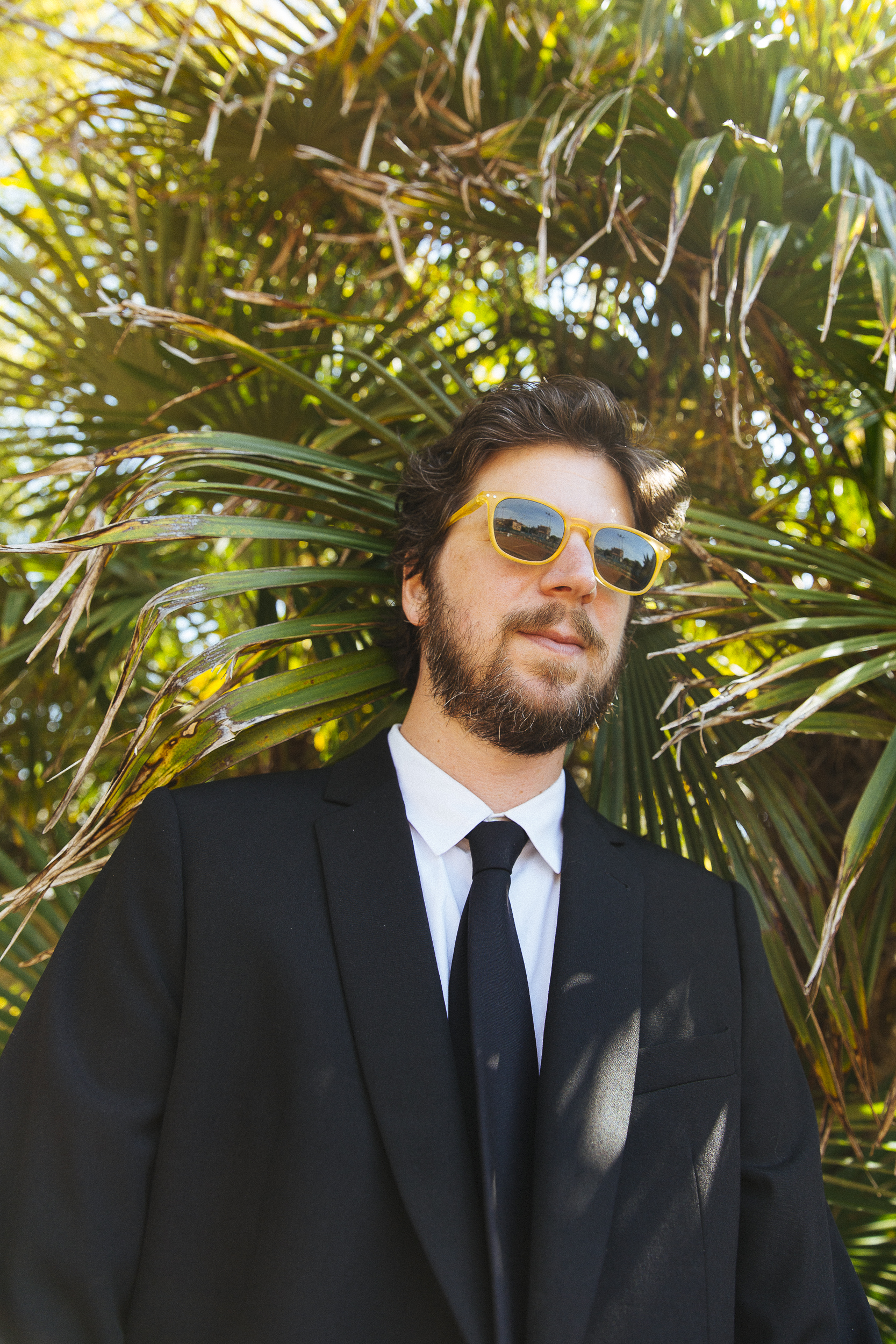
“You can manipulate tears, but the hardest thing to create is laughter because it’s pure and it comes from a place that we don’t know, which is what makes it so truthful and unique. I think that when something is funny, it’s just funny.”
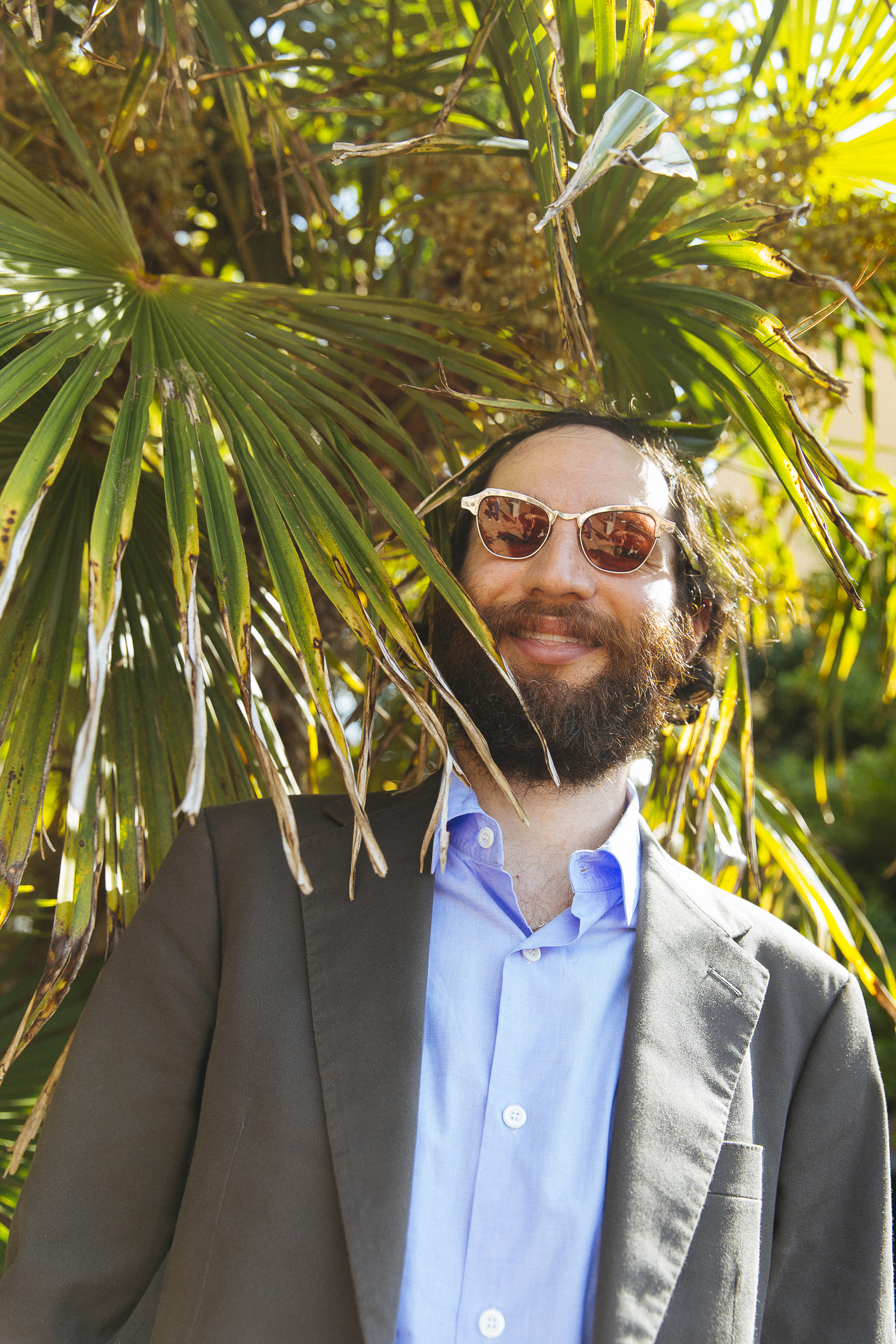
Where were you at, in your life and career, when you decided to make a documentary about Andy Kaufman, and where did this choice come from?
A: I’ve worked in non-fiction for about 23 years and every project I did, whether I was part of it or not, I would have these conversations with friends of mine who would always say, “When are you gonna do your own thing?”; it kind of hurt, in a way [laughs].
J: [Laughs] You know, Bob Dylan at the beginning was singing covers, and so it’s like if people asked him, “When are you gonna write something?”, but he was singing, he was performing!
A: Yeah, you know, I think I did a good job, I liked what I did, I like the projects I was involved with. But to be honest, this is the first thing that’s my own thing, and I’m coming to it a little bit later in life than some other people and I’m really proud of it. It’s a subject I could never get sick of and I’m super grateful to have been able to work with Josh, his brother Bennie, and all the other producers, like Morgan Neville who’s a legendary documentary filmmaker. It’s my first movie and I think that’s an important context and I’m having a great time.
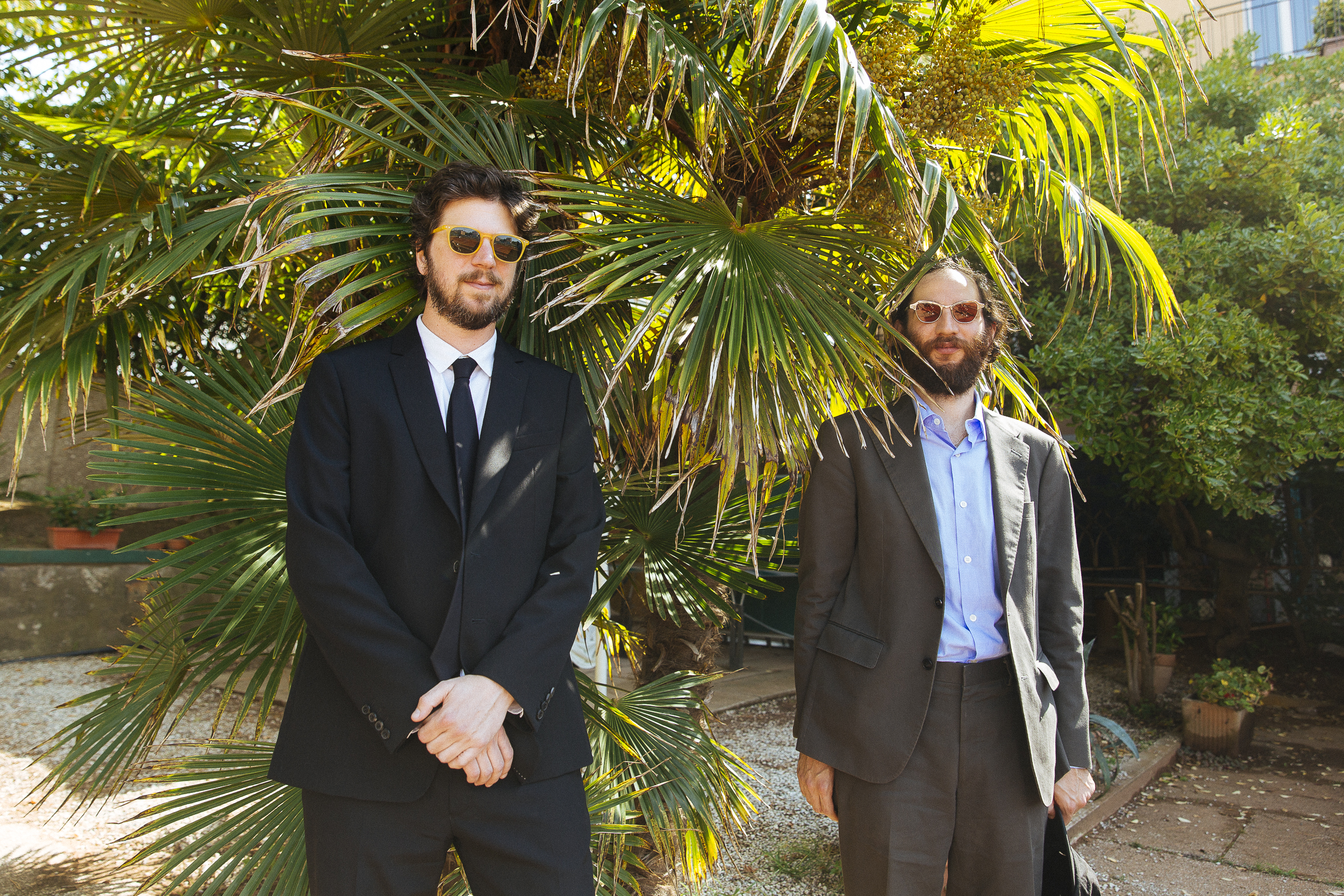
Photos by Luca Ortolani

